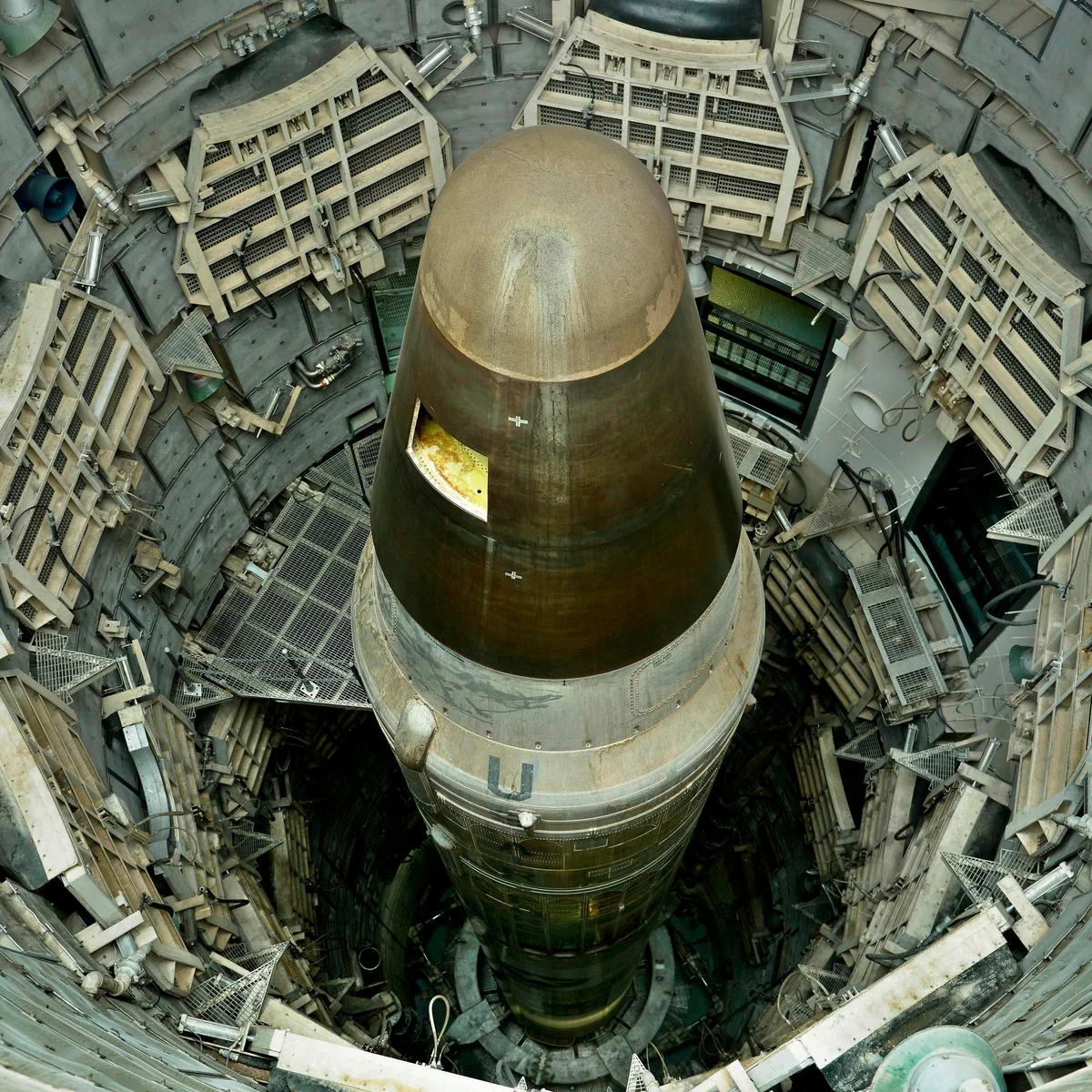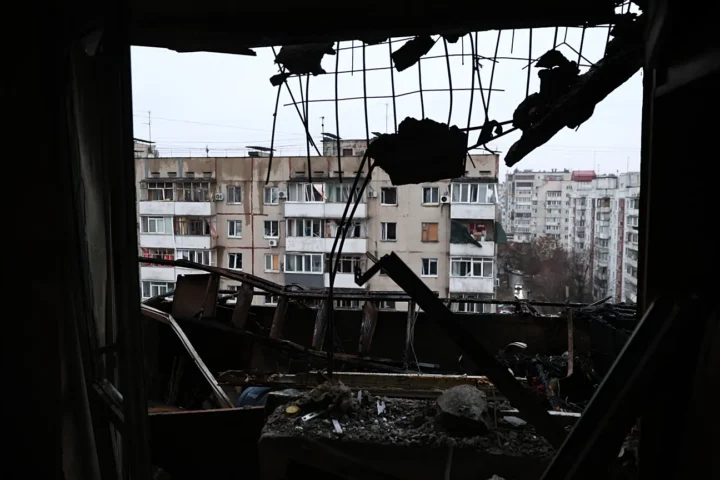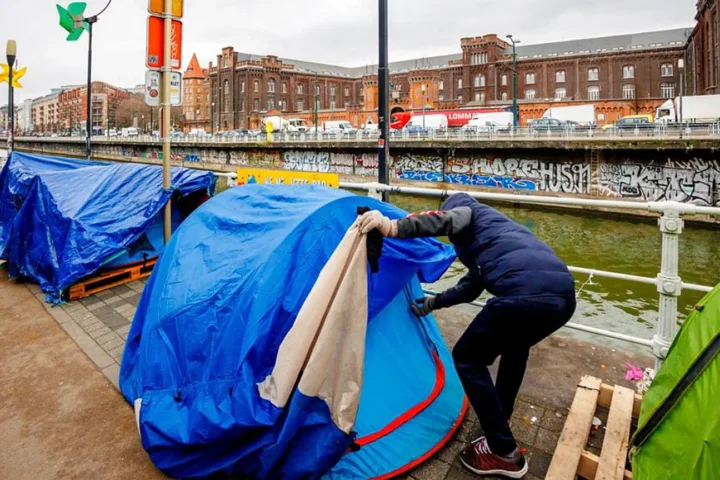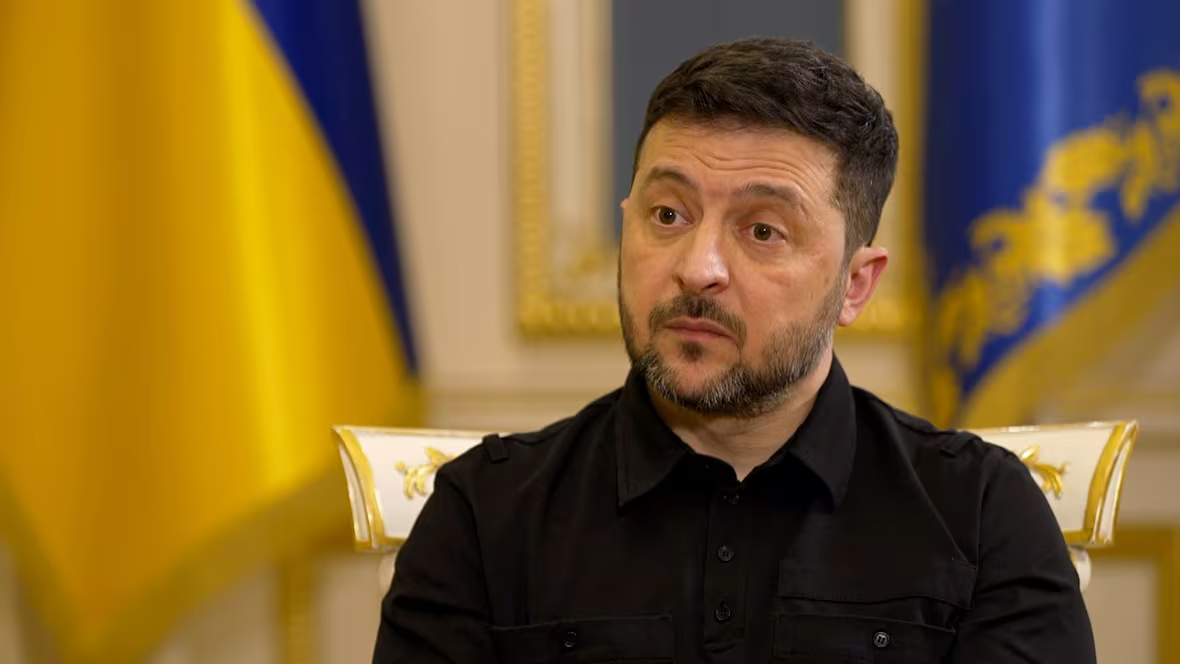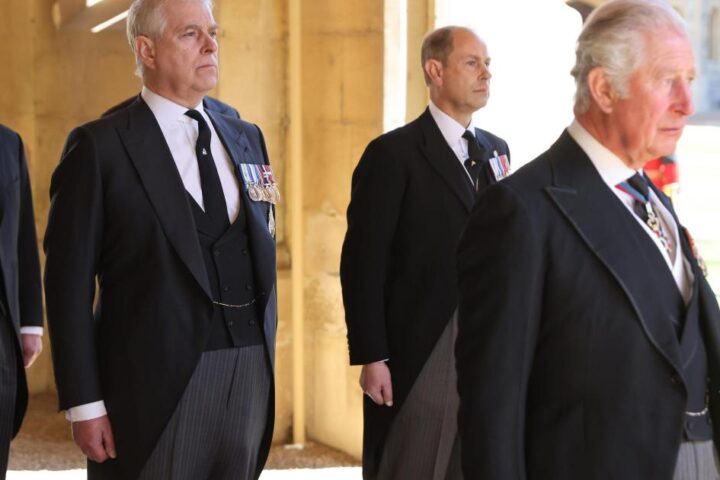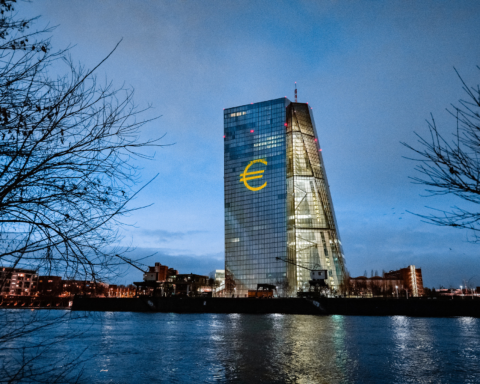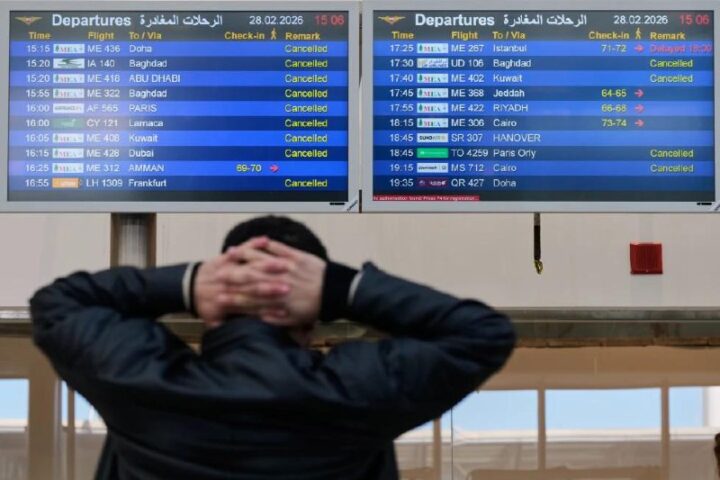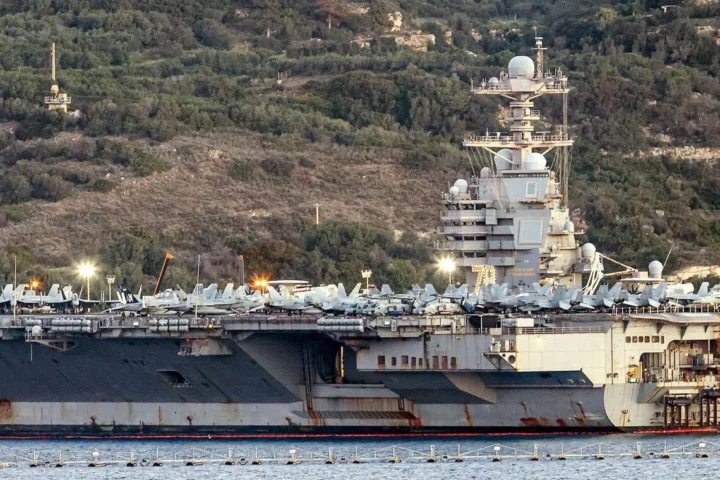The prospect of a nuclear war is one of the gravest threats to humanity, and Europe, with its dense population and geopolitical significance, would face devastating consequences. The question of whether Europe can survive after a nuclear conflict depends on many factors, including the scale of the war, preparedness, and international response.
Immediate Impact
- Massive Destruction: Major cities and strategic locations would likely be targeted, causing catastrophic loss of life and infrastructure.
- Radiation and Fallout: Widespread radioactive contamination would make large areas uninhabitable and cause long-term health crises.
- Infrastructure Collapse: Power grids, communication, transportation, and medical facilities would be severely damaged or destroyed.
Long-Term Challenges
- Humanitarian Crisis: Millions of survivors would face shortages of food, clean water, shelter, and medical care.
- Environmental Damage: Nuclear winter effects could lead to drastic climate changes, harming agriculture and ecosystems.
- Social and Political Instability: Governments might struggle to maintain order, risking chaos, displacement, and conflict.
Possibility of Survival and Recovery
- Survival is possible, especially in less-affected regions or rural areas with access to resources.
- Effective civil defense plans, stockpiling of essentials, and international aid would be critical.
- Recovery would require decades of rebuilding infrastructure, healthcare, and social systems.
Final Thought
While Europe faces unimaginable devastation in the event of nuclear war, pockets of survival and eventual recovery are possible with preparation and cooperation. However, the human, environmental, and economic costs would be staggering. The best path forward remains preventing such a conflict through diplomacy, disarmament, and peacebuilding efforts.
